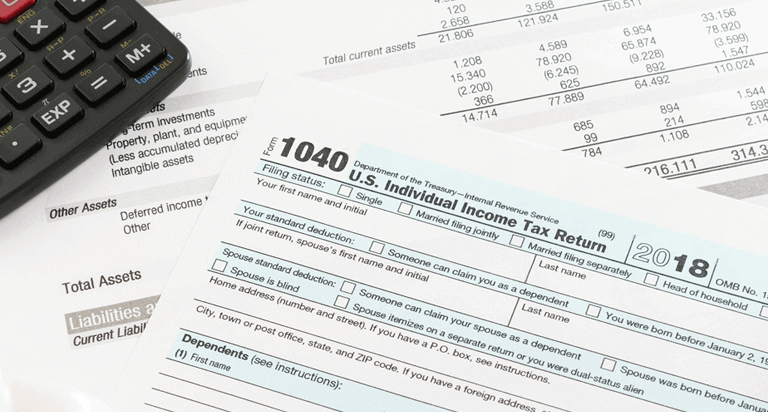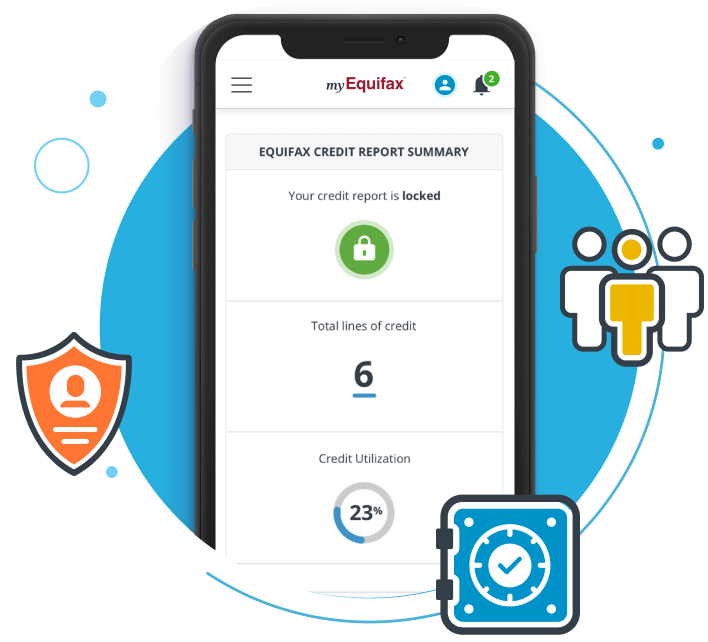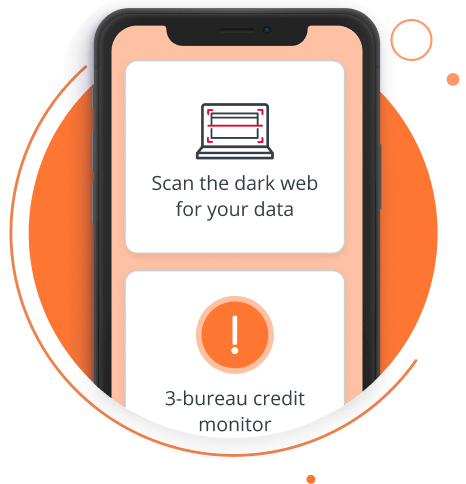Identity theft protection begins by knowing how it can happen. There are any number of reasons thieves would want your personal information from opening new accounts and credit lines they can use, to creating full new identities or gaining access to medical care or passports. The damage of identity theft can affect your credit, access to medical coverage or even access to housing.
Whether it’s rummaging through your trash for financial or medical statements, email phishing, or hacking into public Wi Fi networks, identity thieves are motivated to gain access to your personal information.















Here are some steps you can take if you believe you’ve been a victim of identity theft. It all starts with taking action.